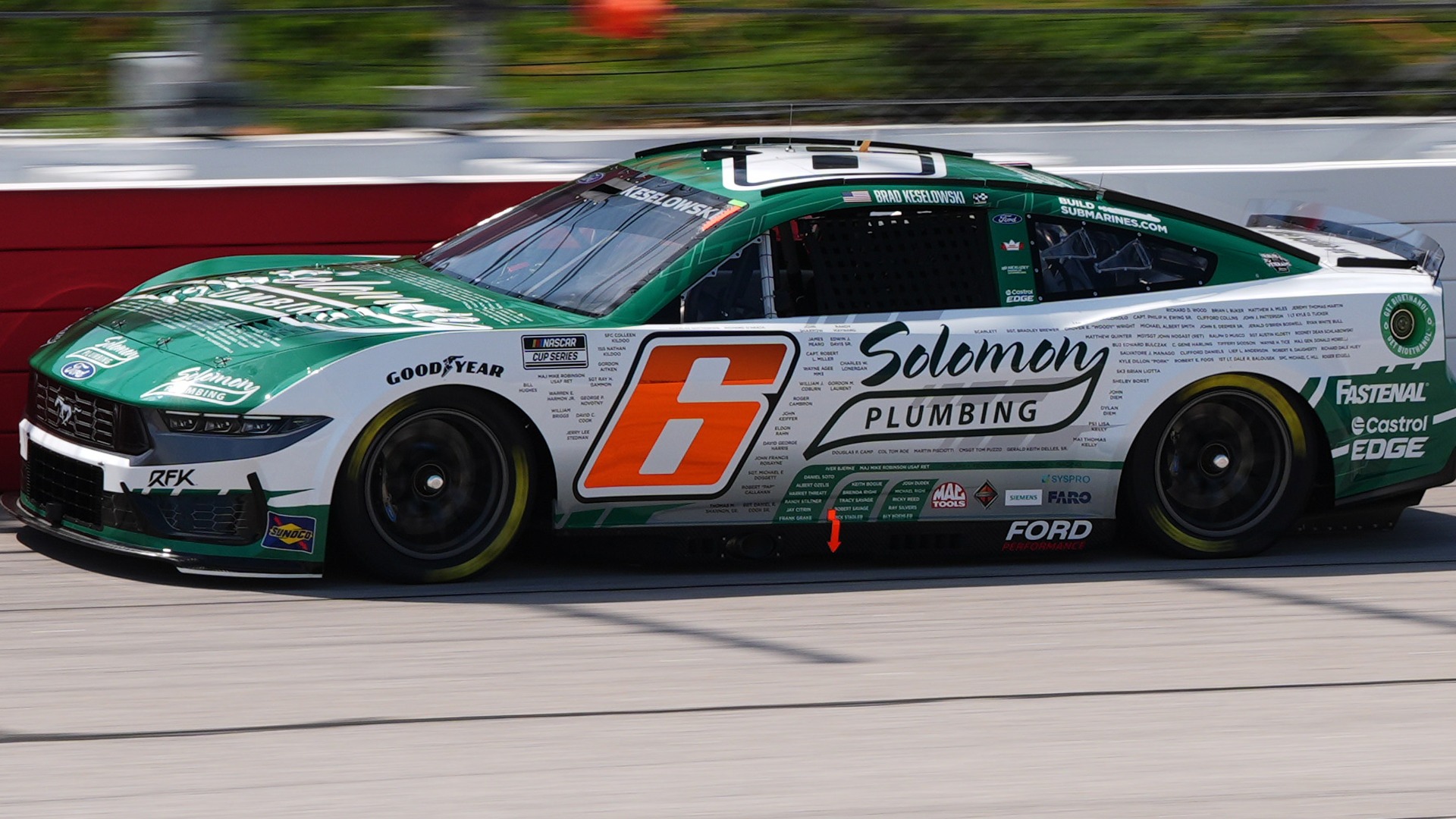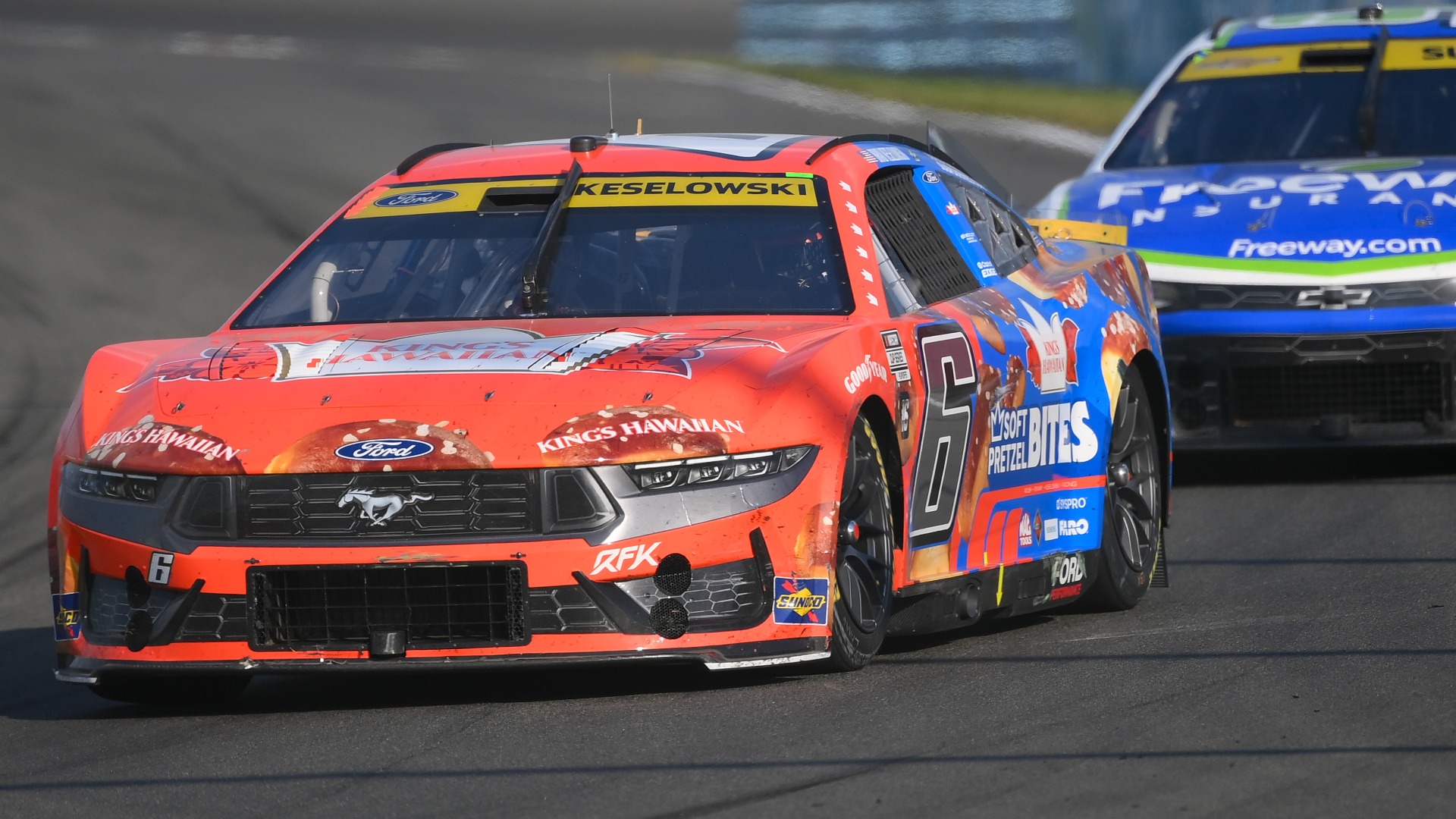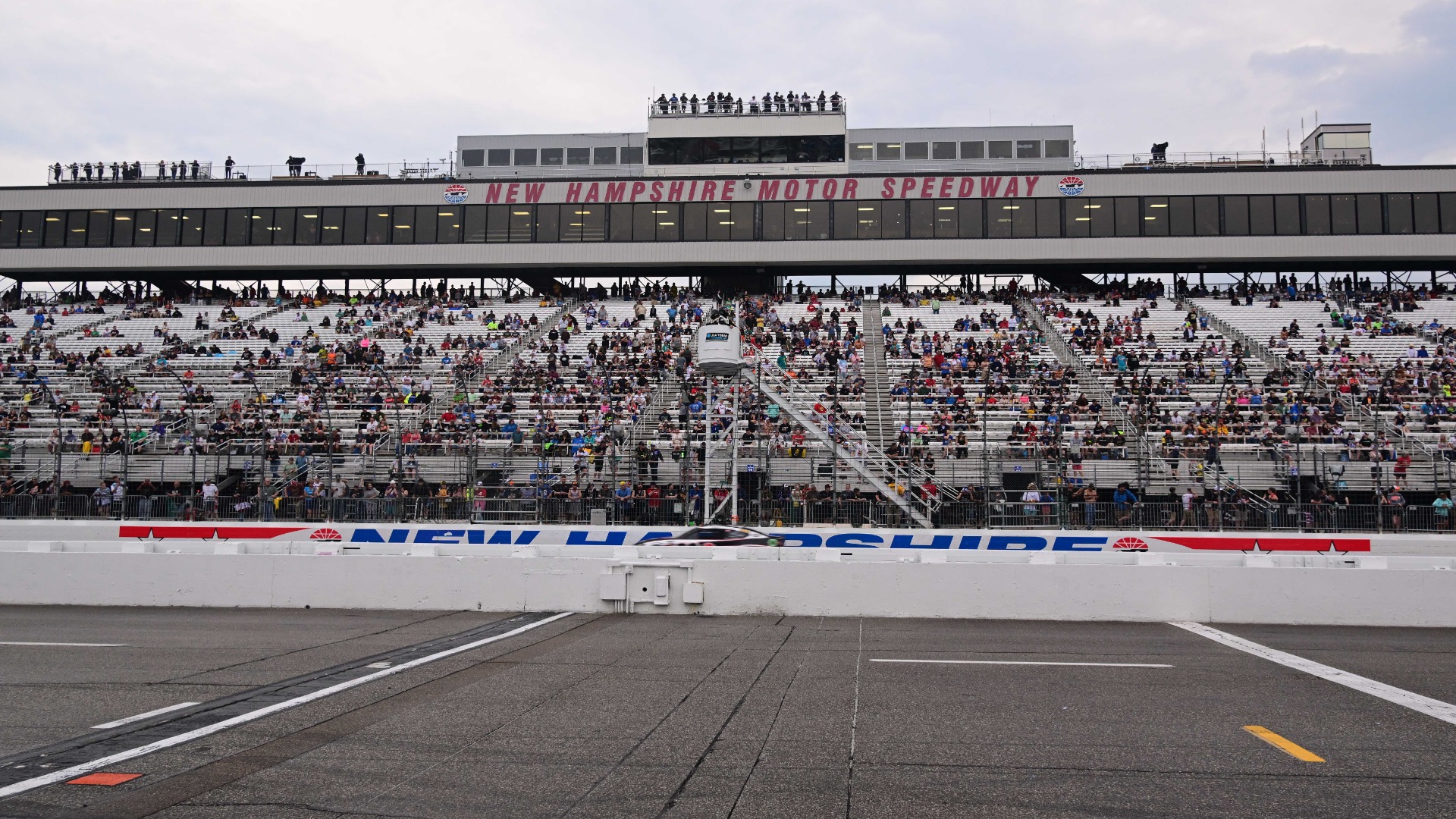Modern race cars are so technologically advanced they make many of their predecessors seem about as innovative as a pedal car. Despite that, a touring car series recently decided teams aren’t allowed to used one of the most basic pieces of technology on their racers.
DTM, the German Touring Car Masters, announced Monday it is banning team-to-driver communication for the 2017 season, according to Motorsport.com.
Teams will still be able to talk to their drivers over the radio while they’re in the pit lane, and to warn them about yellow flags. However, they must use pit boards to show them any other information.
“In the DTM, we want to put the sport into the center of the attention,” chairman of promoter ITR, Gerhard Berger said, via Motorsport.com.
“The DTM has an outstanding and strong field of drivers and the fans want to experience this performance in the races.”
What’s frustrating about the rule change is we’ve been down this road before, and it doesn’t end well.
The FIA implemented a radio ban for the 2016 Formula One season that was met with criticism from fans, drivers and teams alike. The rule’s approval rating continued to decline with each race, and ultimately lifted the ban ahead of the German Grand Prix.
Rules such as these are fairly pointless and don’t accomplish what they are supposed to. The reason being, allowing teams to talk to drivers about things, such as strategy and gaps to other cars, doesn’t diminish the competitiveness of a series.
Also — as we saw in F1 — in a situation where a car is in danger of suffering a mechanical failure, the inability to warn the driver so they can prevent that puts them at risk of injury.
Thumbnail photo via Flickr/mompl



